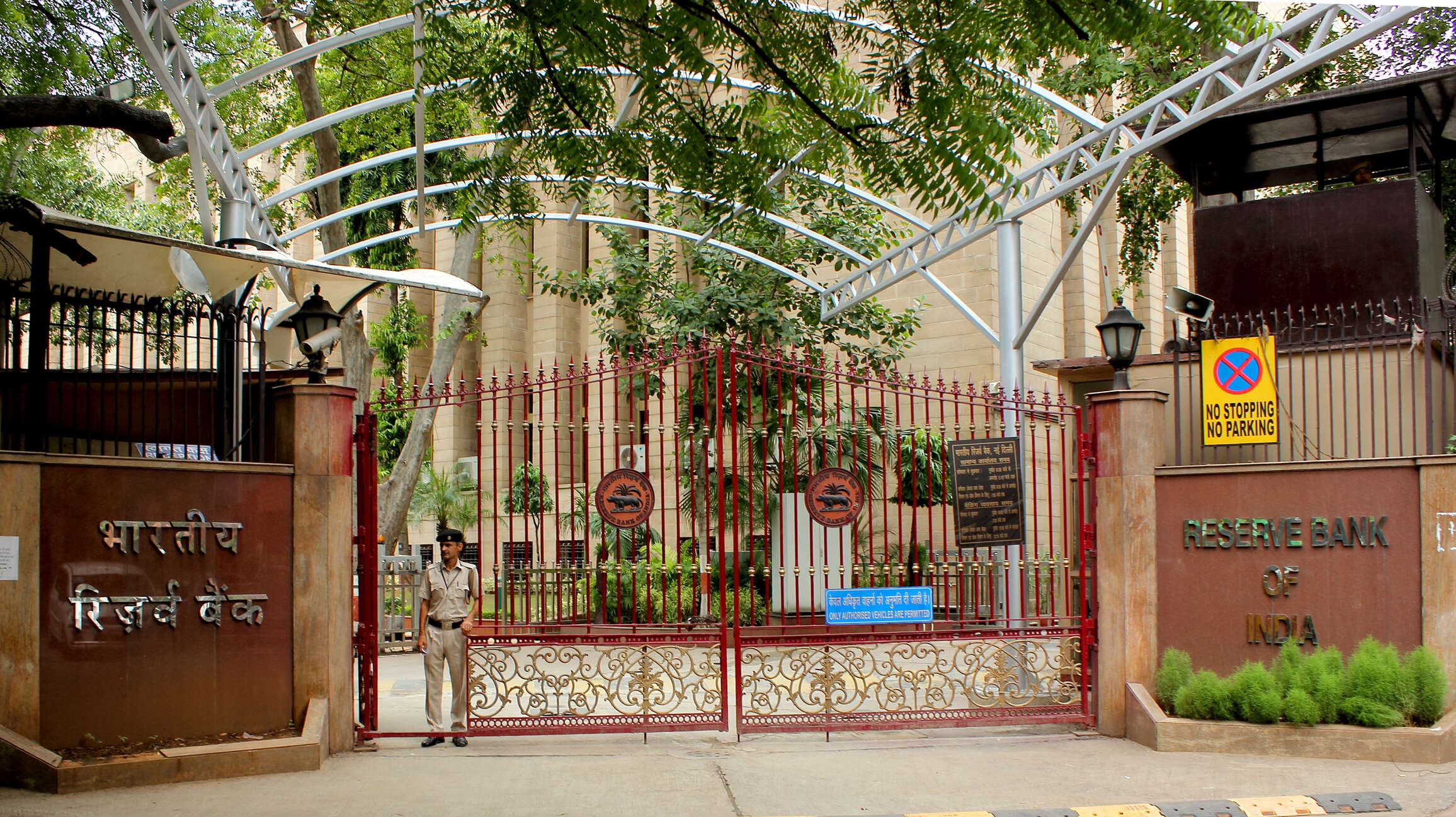By Shailesh Haribhakti
Due to the new circular it is most likely that many large audit firms will be ineligible for appointment as
auditors of large
banks &
NBFCs which could potentially impact:
o Confidence of International investors – debt and equity, affecting capital flows
o Fresh international capital raising and meeting with norms for regulatory capital on an ongoing basis – potential international investors may not recognize the brand of smaller Indian audit firms and such firms may not be familiar with international regulations. The value of assurance may suffer.
o ESG Ranking/ Rating – while environment is an important driver, governance is an equally important driver in the ESG ratings / rankings of companies, and the choice of auditors could have an impact!
o Audit Quality due to inability to engage larger firms with both depth of sectoral expertise as well as greater understanding and access to international accounting norms & trends at a time when international standards (IFRS convergence) implementation involving complex and dynamic modelling for loss provisioning is still in progress for financial services entities in India.
 Corporate Groups and Auditors Appointment
Corporate Groups and Auditors Appointment
Corporate groups having a Bank/ NBFC (including Core Investment Companies or CIC) within their fold whether as a holding company or otherwise, cannot appoint one Audit Firm or one set of firms acting as auditors’/ joint auditors for the whole group.They need to consider separate auditors/ set of auditors for the Bank, NBFC(s) and other entities of the group.This could potentially impact:
o Audit Risk & Quality – The auditor of the Holdco (being a Bank or a CIC) will be required to audit its consolidated financial statements without auditing any of the underlying entities.This is against both the international, as well as SEBI’s efforts to get holding company auditors to take responsibility for the consolidated group as a whole
o ‘Ease of doing business’ – Bank/ NBFCs in large groups will have to change auditors every 3 years, whereas the operating companies forming part of the group will have an auditor with a different tenure.
With large groups using many of the large Audit Firms (who are not their auditors) for various other services across the group, none of these Firms would be eligible to be appointed as auditors of the CIC due to the independence restrictions that apply across the group.This could lead to a significant lack of choice in appointing firms that otherwise have the capacity and capability to audit the financial statements of holding companies.Shailesh Haribhakti, veteran auditor
Auditor Rotation and Joint Audits
• Combination of auditors’ term of 3 years, cooling period of 6 years, requirement for Joint Audit & maximum limit of Banks/ NBFCs an Audit Firm can concurrently audit, could potentially impact:
o Audit Quality – auditors’ of an Entity at any point of time would have relatively low vintage, which likely impacts comprehensive understanding of nuances and complexities of issues
o ‘Ease of doing business’ objective – disruptions arising from need to appoint multiple audit firms within a group and time to be spent every 3 years by senior managements, Audit Committees and Boards on a significantly more complex auditor selection process and implementation during an aggravating pandemic time with virtually no transition time and minimal enhancement in Audit Quality etc.
o ‘Capacity’ issues – at least in the short to the medium term with a number of Audit Firms being ineligible for audit of many Banks/ NBFCs, and a requirement of joint audit in place of a single auditor for large Entities
 Requirement for Joint Audit could potentially impact:
Requirement for Joint Audit could potentially impact:
o Audit Quality – due to risk of key issues ‘falling through the cracks’ arising from inappropriate division of work and responsibilities in the case of entities implementing joint audit for the first time
Sector specialization and expertise and related impact on audit quality: The financial services sector is highly regulated and very specialized, thereby requiring significant investment of time and effort in building knowledge and deep sectoral expertise and related capacity building.
o Short tenures on audits of Financial Service entities together with a cap on audits, will disincentivize firms from investing in building capabilities in this important sector
o Short tenure on the audits, also doesn’t allow auditors adequate time to fully understand the company and its business complexities, which generally takes 2-3 years
o The independence rules, essentially will make most large firms (that currently have the sectoral depth and capacity) ineligible to be auditors of large banks and NBFCs
• Overall ‘Not a progressive step’ – due to introduction of rules that are not in line with international practices, create significant hardship with no appreciable incremental benefit eg. enhanced Audit Quality
• Choice of auditors – having a cap on the number of audits also will leave new and emerging companies, including the fintech companies (many of whom have NBFC licenses) to be able to appoint a large firm as an auditor.
 Recommendations
Recommendations
• Deferral of the Circular for implementation by two years i.e. from 2023-24
• Increase maximum term of auditor to 5 years (from 3 years) and reduce cooling period to 5 years (from 6 years) which aligns with requirements under the Companies Act & guidelines of IRDA
• Coverage of only large entities eg. asset size over Rs. 15,000 Crores instead of those over Rs. 1,000 Cr.
• Alternative to 2, combine deferral as per ‘1’ above, apply only to entities with asset size > Rs. 10,000 Crores (instead of Rs. 1,000 Crores) with a phased roll out:
• I Phase: only the banks with asset size more than 15,000 crores – from 2023-24
• II Phase: Banks with asset size more than 10,000 crores – from 2024-25
• III Phase: NBFCs with asset size more than 15,000 crores. – from 2025-26
• IV Phase: NBFCs with asset size more than 15,000 crores. – from 2026-27
• At the least, consider exclusion from applicability for entities with no public funds (no borrowings from public/ banks/ FIs) including Core Investment Companies (CICs) not requiring registration with RBI
• Amend the following with regard to restriction on services to Entities & group for a period of 1 year before & after appointment as auditors:
Do away with restriction on providing non-audit services to Entity & group entities and audit services to group entities for a period of one year prior to & one year after appointment as auditors of the Entity – this is not in accordance with existing Indian or international frameworks.Shailesh Haribhakti, audit veteran.
• Align restriction on type of services to Entity & group during the term as auditors in accordance existing frameworks i.e. Companies Act & ICAI Code of Ethics
• Align definition of group entities with existing framework and exclude entities such as those which do not meet the substantive criteria of group entities such as ‘common brand name’, investment of over 20% in entities with no ability to influence etc.
• Do away with mandatory requirement for Joint Audit for entities with asset size > Rs. 15,000 Crores
• Apply restriction of maximum 8 NBFCs per Audit Firm to those with asset size > 10,000 Crores.In case Circular continues to be applicable for NBFCs with asset size > Rs. 1,000 Crores, consider increasing the limit to 12 NBFCs
• Do away with requirement to factor in ‘large exposure’ as part of auditor independence as no such considerations apply internationally and no guidance provided by RBI.
Conclusion
In sum, strengthen independence, technology usage and objectivity. Engender trust in the attest function through a rating based on inspection outcomes. This will strengthen the financial system.
ALSO READ: RBI’s new rules for auditors could pose many challenges: Vishesh Chandiok
ALSO READ: RBI’s new audit norms a shot in the arm for Indian firms
ALSO READ: Big Four’s business seen hit after RBI strengthens audit independence
ALSO READ: Why the new RBI guidelines on auditors need a review?
About the Author: Shailesh Haribhakti, an eminent chartered accountant, has considerable experience in audit, tax and consulting. He is the Chairman of New Haribhakti Business Services LLP and Mentorcap Management Pvt.Ltd.
Disclaimer: The views expressed are solely of the authors and ETCFO.com does not necessarily subscribe to it. ETCFO.com shall not be responsible for any damage caused to any person/organisation directly or indirectly.
 Corporate Groups and Auditors Appointment
Corporate Groups and Auditors Appointment  Requirement for Joint Audit could potentially impact:
Requirement for Joint Audit could potentially impact: Recommendations
Recommendations